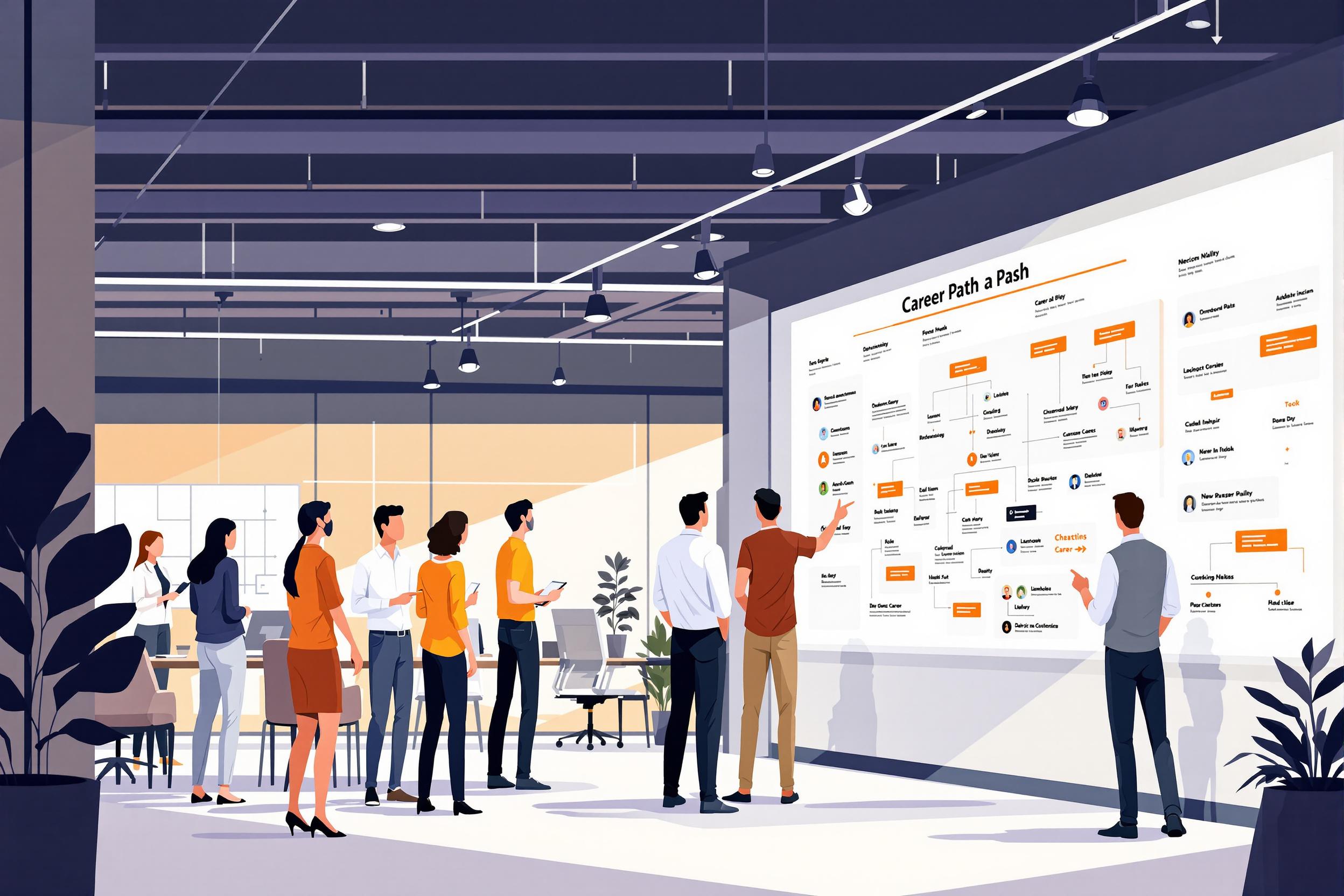
Vertical Towers
Vertical Towers are specialized growing systems used in modern indoor farming and vertical agriculture. They are tall structures where plants grow in stacked layers, making efficient use of indoor space. These systems are important in urban farming because they allow growing more food in smaller spaces compared to traditional farming. Similar systems might be called grow towers, vertical growing systems, or aeroponic towers. Think of them like high-rise buildings for plants, where crops grow on different "floors" instead of spreading across a field.
Examples in Resumes
Managed crop production across 50 Vertical Towers yielding 3000 plants weekly
Optimized nutrient delivery systems for Growing Towers increasing efficiency by 30%
Supervised installation and maintenance of Vertical Growing Systems in multiple facilities
Typical job title: "Vertical Farming Specialists"
Also try searching for:
Where to Find Vertical Farming Specialists
Professional Organizations
Online Communities
Job Resources
Example Interview Questions
Senior Level Questions
Q: How would you handle a major system failure in vertical towers that affects plant growth?
Expected Answer: A senior specialist should discuss emergency response protocols, backup systems, monitoring procedures, and how to minimize crop loss while maintaining production schedules.
Q: What strategies would you implement to optimize labor efficiency in a vertical farming operation?
Expected Answer: Should explain workforce management, automation possibilities, efficient harvesting schedules, and how to balance technology with human resources for best results.
Mid Level Questions
Q: How do you maintain consistent crop quality across multiple vertical towers?
Expected Answer: Should discuss monitoring systems, environmental controls, nutrient management, and regular maintenance procedures to ensure uniform growing conditions.
Q: What factors do you consider when planning crop rotation in vertical towers?
Expected Answer: Should explain spacing requirements, growth cycles, market demand, and how to maximize tower capacity while maintaining product quality.
Junior Level Questions
Q: What are the basic components of a vertical tower growing system?
Expected Answer: Should identify main parts like water pumps, growing medium, lighting, and nutrient delivery systems, showing basic understanding of how the system works.
Q: How do you monitor plant health in vertical towers?
Expected Answer: Should describe basic signs of plant health/stress, daily checking procedures, and when to alert supervisors about potential issues.
Experience Level Indicators
Junior (0-2 years)
- Basic plant care and monitoring
- System cleaning and maintenance
- Following growing protocols
- Basic data recording
Mid (2-5 years)
- Environmental control management
- Crop scheduling and rotation
- Team supervision
- Problem diagnosis and resolution
Senior (5+ years)
- Operation optimization
- Production planning
- Staff training and development
- System design and improvement
Red Flags to Watch For
- No hands-on experience with growing systems
- Lack of knowledge about basic plant science
- Poor understanding of food safety practices
- No experience with environmental monitoring systems
Related Terms
Need more hiring wisdom? Check these out...

Navigating the Virtual Horizon: Rethinking Leadership Succession in a Remote-First World

Beyond Spreadsheets: Why Executive Dashboards in ATS Systems Are Your Secret Hiring Weapon

Unlocking Internal Talent: Why Internal Mobility Is Your Secret Weapon in Talent Acquisition

